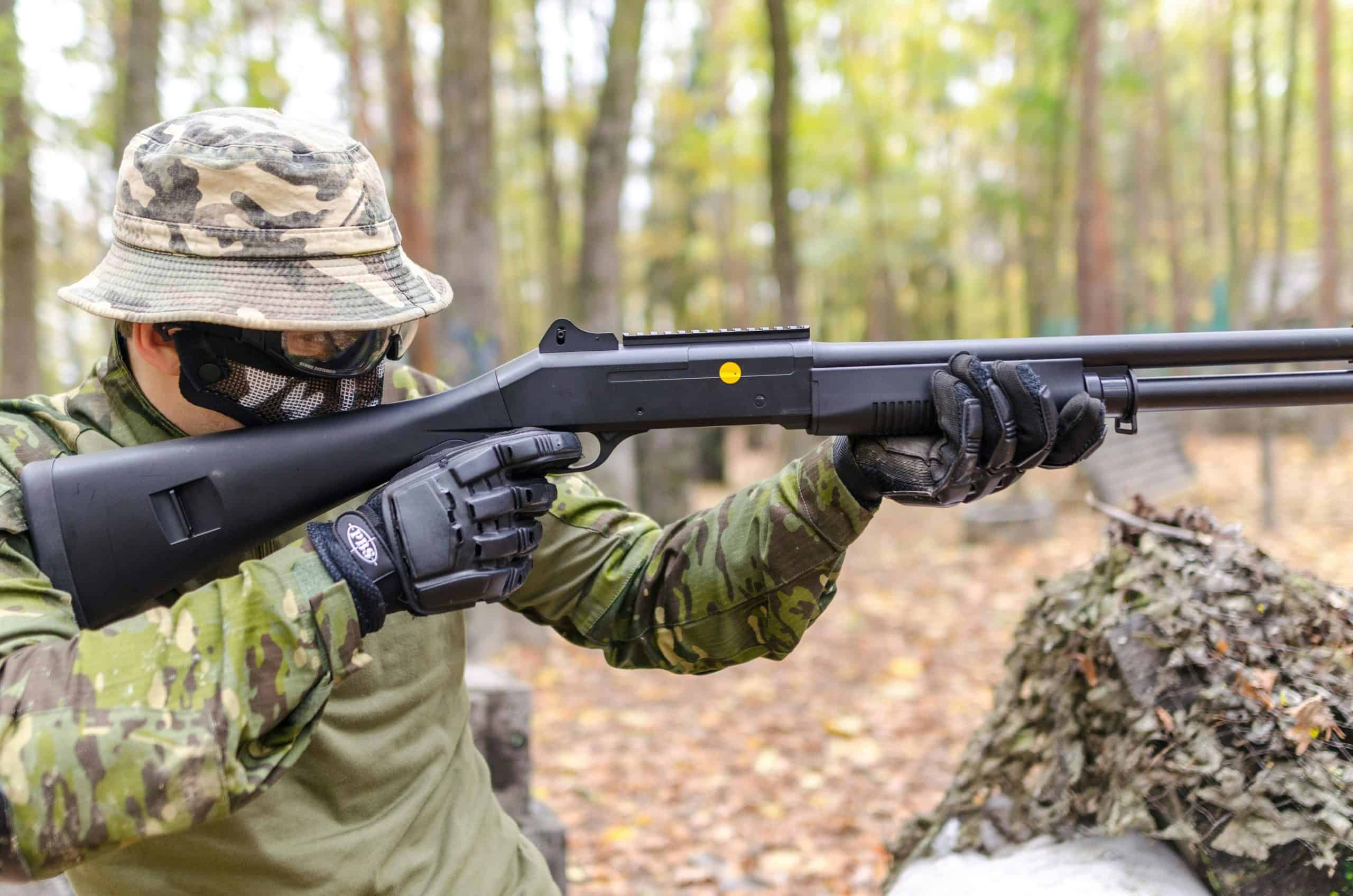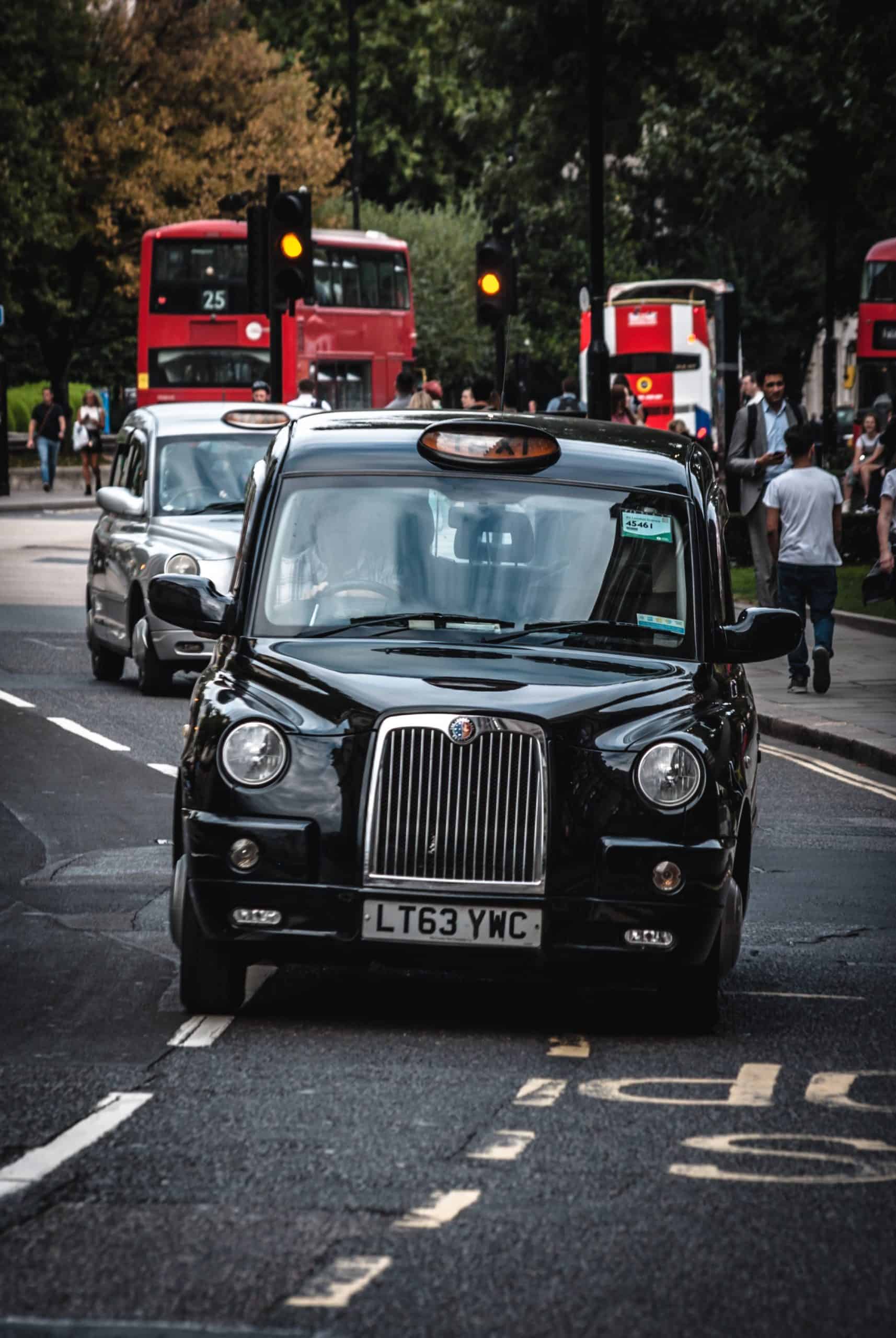If you’ve experienced a health condition and need to undergo a firearms medical examination, it’s essential to be well-prepared. Firearms medicals assess whether you are fit to hold a firearms or shotgun license, ensuring that you do not pose a risk to yourself or others. A previous or existing medical condition does not automatically disqualify you, but it does mean your application will be carefully reviewed.
Here’s how you can prepare for your firearms medical examination after a health condition.
Understanding the Firearms Medical Examination
A firearms medical assessment involves a review of your medical history to determine whether you have any conditions that may impact your ability to safely own or use a firearm. The main concerns include:
- Mental health conditions such as depression, anxiety, PTSD, or bipolar disorder
- Neurological conditions like epilepsy, strokes, or brain injuries
- Alcohol or substance misuse
- Physical conditions that could affect your coordination or judgment
Your medical records will be examined, and the doctor may ask about any medications you are taking, previous treatments, and how well your condition is managed. If you have had a serious health issue in the past, you might need to provide additional evidence that it does not impair your suitability for a firearms license.
Steps to Take Before Your Firearms Medical
To ensure a smooth and successful medical examination, follow these key steps:
- Gather Relevant Medical Records – Your GP or specialist may have information about your health condition that needs to be provided for the assessment. Request any relevant reports or letters in advance.
- Ensure Your Condition is Well-Managed – If you are on medication or receiving treatment, make sure you are following your doctor’s advice. A well-controlled condition is less likely to be a barrier.
- Be Honest and Transparent – Trying to conceal a past or current health issue can cause problems if discovered later. It’s best to provide full details and demonstrate how you have managed your condition responsibly.
- Check Licensing Guidelines – The Home Office and police forces have specific guidelines regarding different medical conditions. Reviewing these can help you understand how your condition may impact your application.
What Happens If Your Application is Affected?
If your firearms medical examination raises concerns, there are still options available:
- Further Medical Evidence – In some cases, providing additional reports from a specialist can clarify that your condition does not pose a risk.
- Appealing a Decision – If your application is denied based on medical grounds, you may be able to appeal the decision or provide further evidence to support your case.
- Waiting for Improvement – If your condition is temporary or improving, reapplying after a period of stability may result in a different outcome.
At SimplyMedicals, we provide professional and thorough firearms medical assessments to help applicants navigate the process with confidence. If you need a firearms medical after a health condition, contact us today to book an appointment.
Ultimately, It all starts with your firearms medical .
Your feedback is most welcome!
Feel free to email us at hello@simplymedicals.co.uk so we can help you.
I hope you will enjoy our videos and articles.
Please like our facebook page and subscribe to our youtube channel. Therefore, If you need to book a firearms medical please click here.




